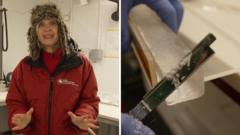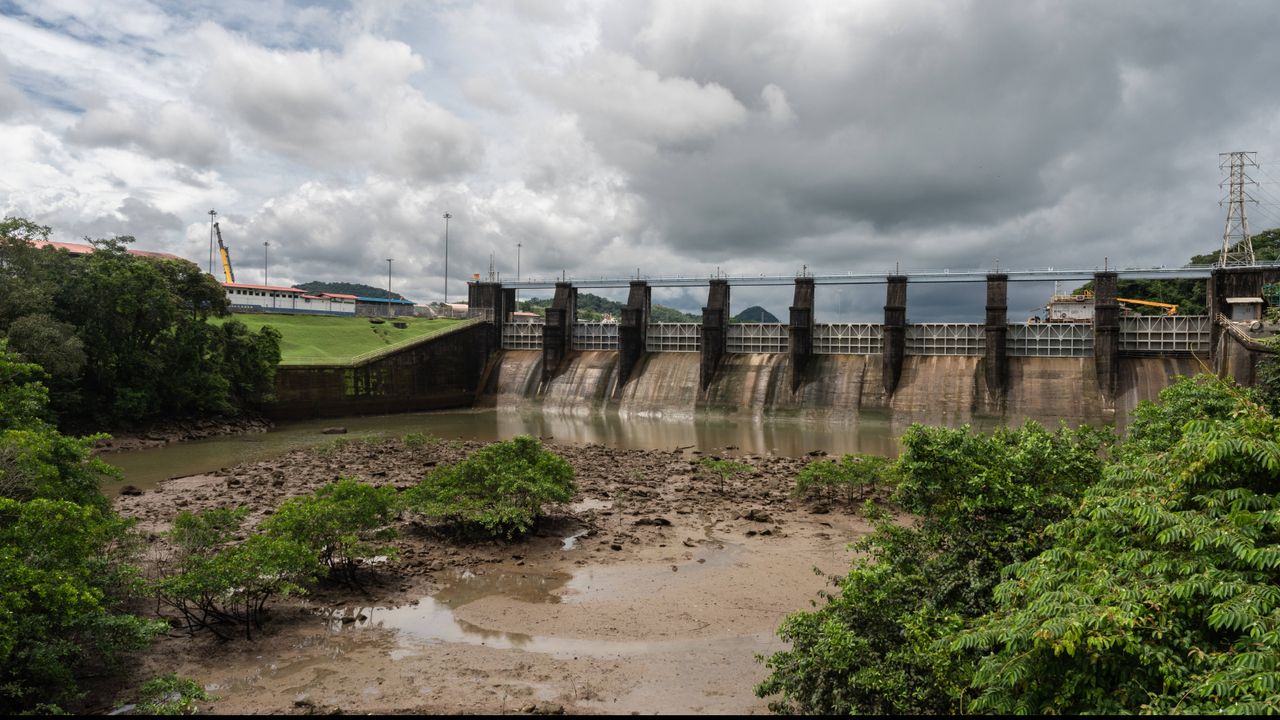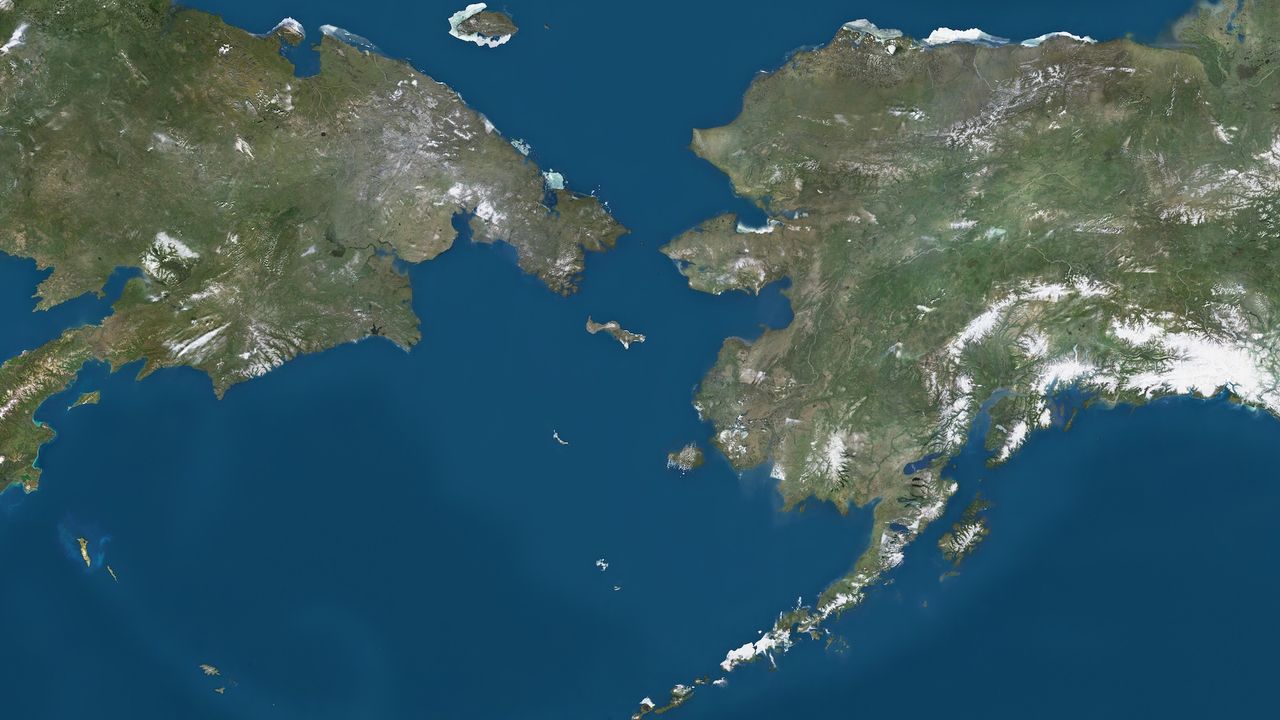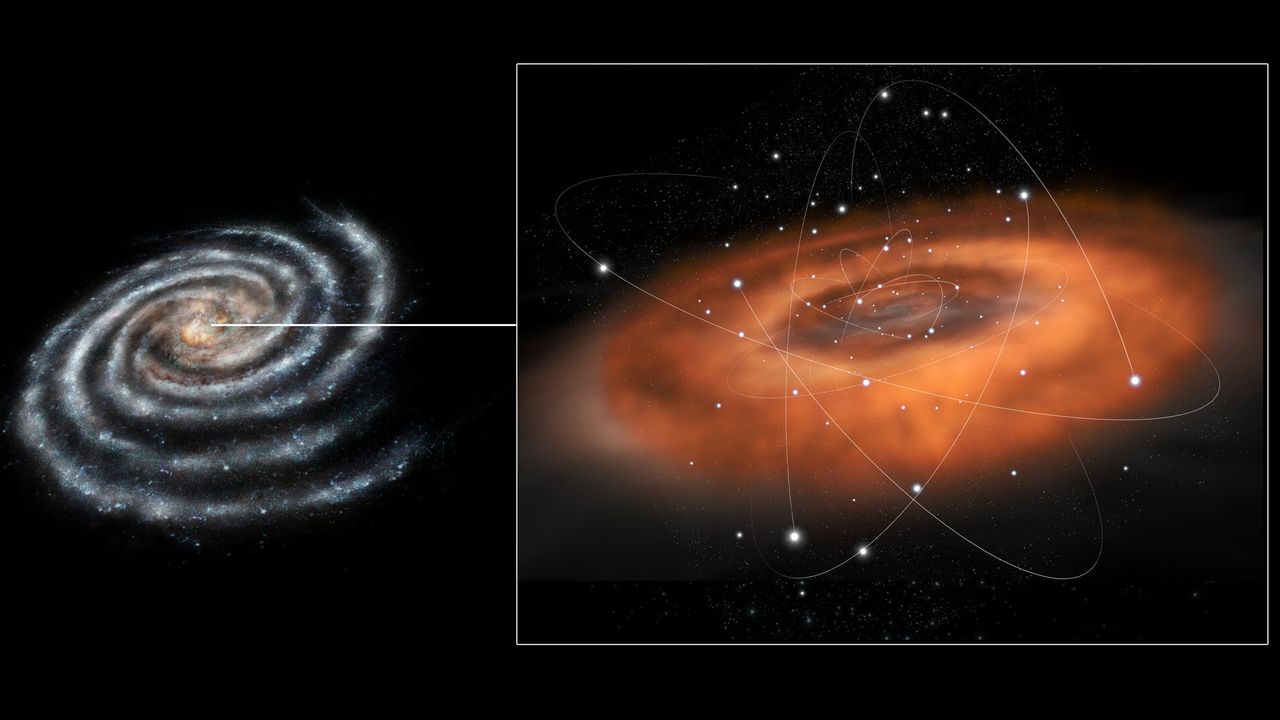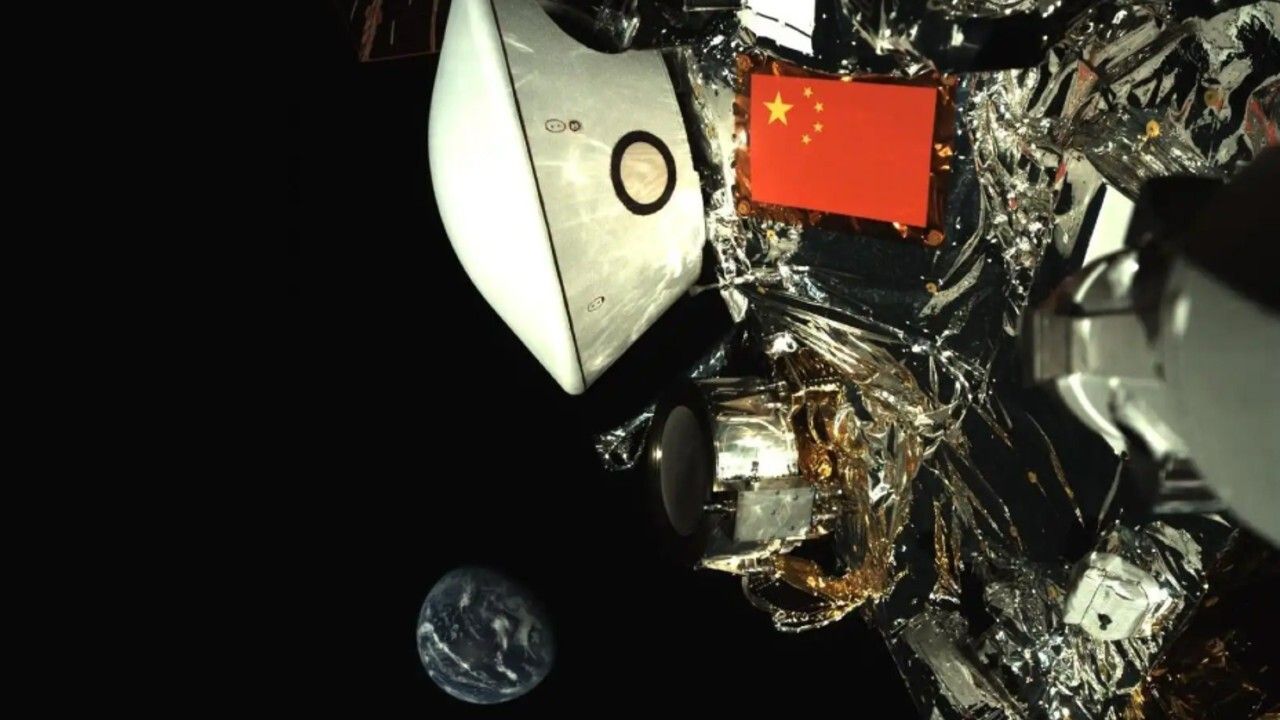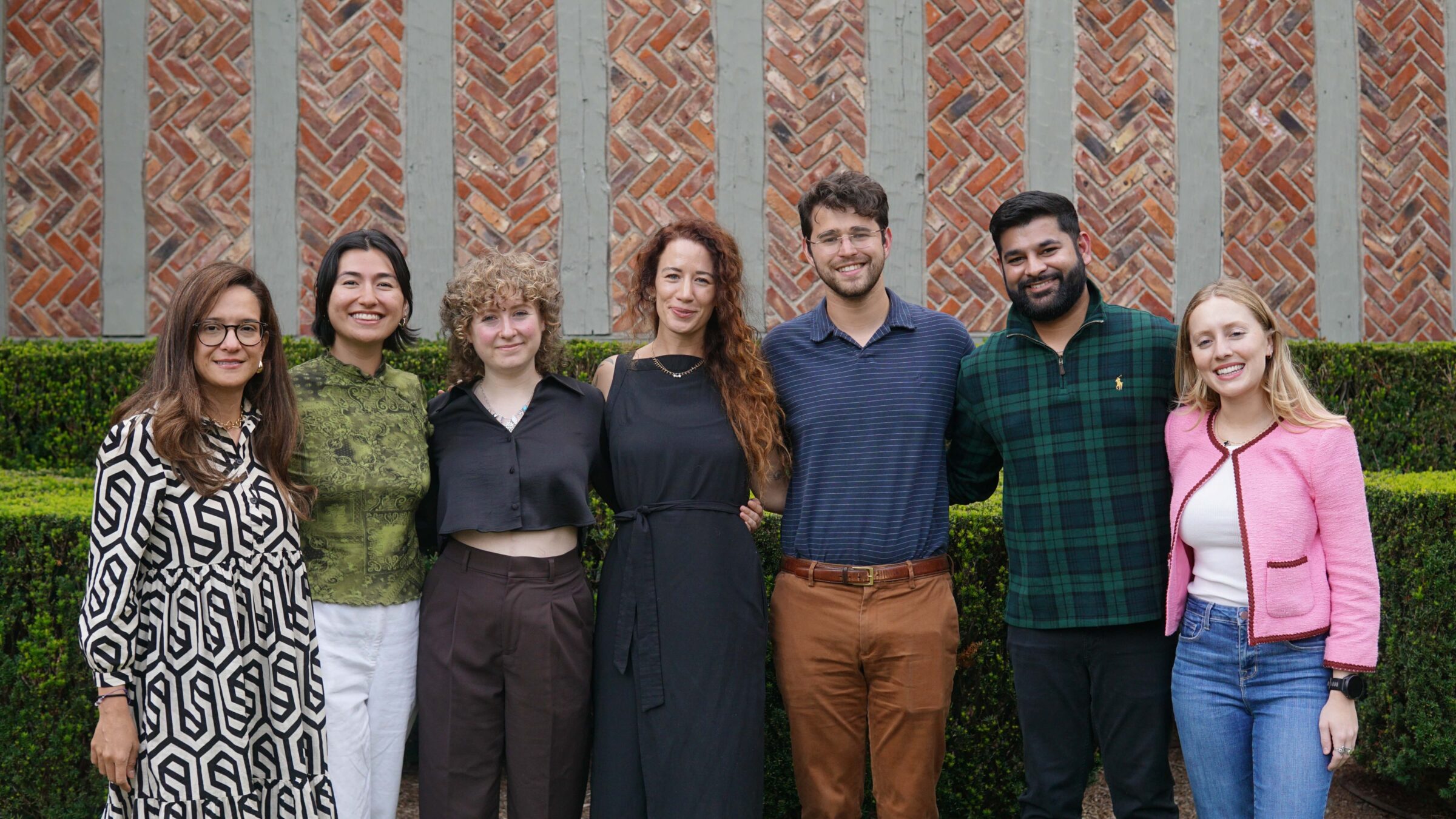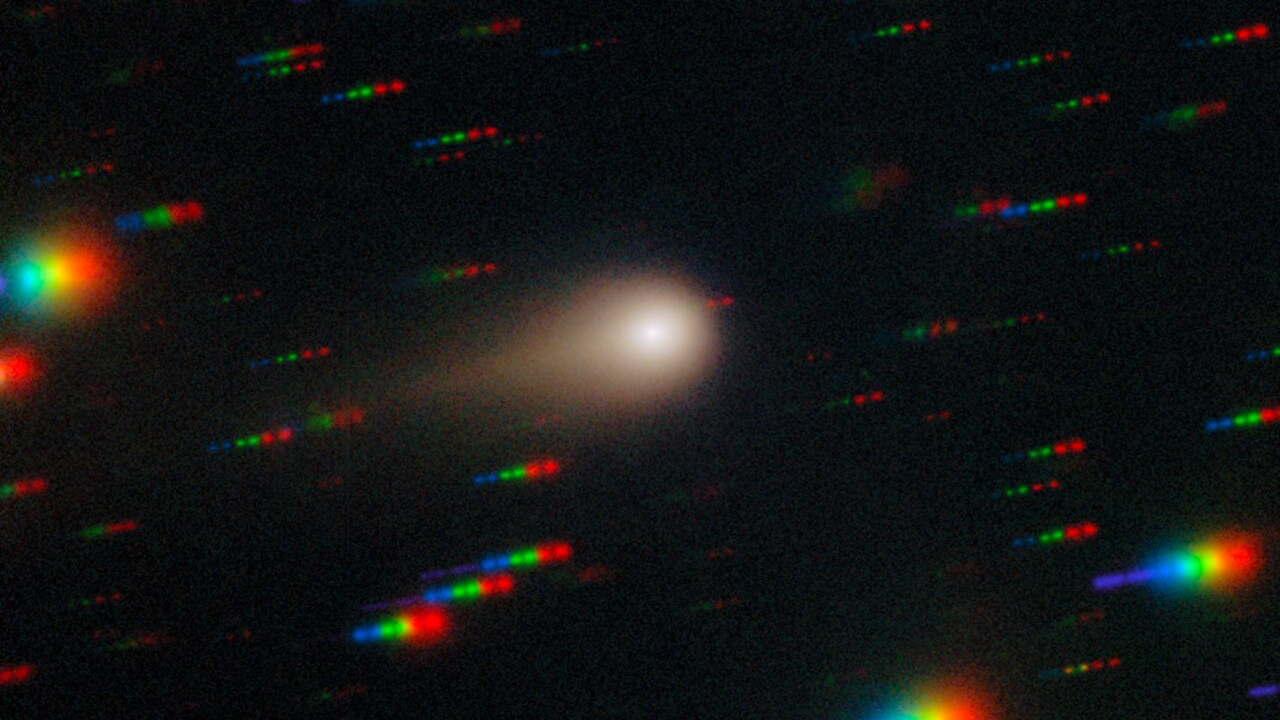Wildfire-smoke-related deaths in the US could climb to 70,000 per year by 2050 due to climate change, study finds
NegativeScience

A recent study warns that deaths related to wildfire smoke in the U.S. could surge to 70,000 annually by 2050 due to climate change. This alarming projection highlights the severe human and economic toll that could arise from worsening air quality, making it a critical issue for public health and environmental policy.
— Curated by the World Pulse Now AI Editorial System



